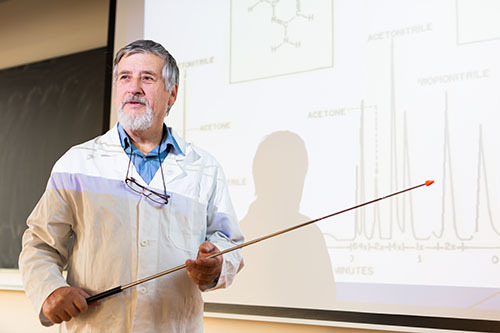
ڈیجیٹل اور آٹومیشن کے منافع مندرجہ آل دنیا میں, اخلاقیات اور پیشہ ورانہ مہارت کی نوعیت سوال میں اور ہر طرف سے حملے کی زد میں لگتے ہو. بلاک پر نئے روبوٹ ایک ہی مہارت اور ایک سے زیادہ Intelligences ہم انسانی ماہرین سے توقع فراہم کرے گا? کیا محفوظ کرنے اور اپنے پیشے کے معیار کو مضبوط بنانے کے لئے کیا جا سکتا?
حصہ میں آج 2 of our three-part blog mini-series, پروفیشنل Ethicists کی تلاش میں, Professor Howard Gardner will discuss this important topic and how, خاص طور پر, education as a profession is being affected by our rapidly changing world.
ہاورڈ گارڈنر کو زندگی بھر متعدد اعزازات ملے ہیں, بشمول ایک میک آرتھر پرائز فیلوشپ. He has honorary degrees from many universities, اور میں سے ایک قرار دیا گیا ہے 100 مطالعہ میں ان کے کام اور ایک سے زیادہ Intelligences کے اصول کے ریسرچ کے لئے خارجہ پالیسی اور امکانات میگزین کی طرف سے سب سے زیادہ بااثر دانشوروں. انہوں GoodWork ™ پروجیکٹ کی ہدایت, افراد اور اداروں اچھے کام مثال دینا کہ شناخت کے لئے ایک بڑے پیمانے کی کوششوں.
ہاورڈ, how do you view the professional status of educators?
Some sectors of education are clearly professional, مثال کے طور پر, professors (and I am one of them) have higher degrees and receive various kinds of protection in return for the services that they provide. In principle, we professors can also be removed from our positions if we violate the tenets of the academy, مثال کے طور پر, publishing work that has been plagiarized or systematically penalizing students who disagreed with us.
Teachers and administrators in the K-12 sector have the status of professionals in many countries; but it is no secret that many teachers in the public sector in the United States are not treated as professionals and there are powerful pressures nowadays, both economic and political, to de-professionalize K-12 education. These pressures range from efforts to destroy teachers’ unions to the manufacturing of curricula, online and offline, that are deemed ‘teacher-proof’.
So whether or not educators are thinking explicitly about whether they are engaged in a recognized profession, we should be and we should try to raise consciousness about a teaching corps that is highly professionalized.
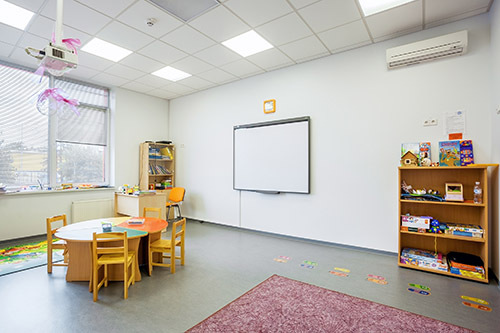
What are the key aspects of professional ethics for educators?
At the core of each profession is a set of values. In the case of education, the values include knowing one’s subject and keeping up with new knowledge; understanding the population(ے) with which one is working; passing on the knowledge and values that are central to the community; preparing young people for a future that cannot be fully anticipated; اور, most important, treating all students fairly and with dignity.
But what about the issues that current trends in learning present for the education profession?
None of the “valuable” values I’ve previously mentioned can or should be scrapped. لیکن ایک ہی وقت میں, it is imperative that educators realize that many forms of knowledge can be presented digitally and we should welcome the many powerful technological advances of recent decades.
درحقیقت, I’d like to replace the word ‘education’ with the phrase ‘life-long learning.’ While complexifying our profession, this move both underscores its importance. No longer is education an occupation that solely serves young people from 5 کرنے کے لئے 20; بلکہ, it is lifelong, starting at birth and continuing so long as the learner is willing and able. مثالی طور پر, مستقبل میں, we should think of the range of workers in education, from preschool preceptors to graduate level professor, as members of the same profession.

How important is the compensation factor in the issues facing the K – 12 تعلیم کے پیشے?
I certainly believe that all professionals, whether teacher, ministers, وکلاء, انجینئرز, یا منتظمین, should have a decent living. Society owes that to its valued workers.
And for those who say we can’t afford to pay teachers a decent wage, I ask them to consider how much money we spend on national defense each year and the size of salaries and bonuses that are paid each year to the many thousands who work on Wall Street.
Though criticisms of Teach for America have some validity, I’ve been a fan of that organization and others like it. We need to attract talented young college graduates to the profession of education and TFA has succeeded in this respect. But if we want to keep talented teaching novices in the profession, and help them become seasoned professionals, then we need both a viable career path اور a salary scale that allows teachers to lead a decent middle class life. We know that this can be done because it is being done in countries as different from one another as Finland, پولینڈ, and Singapore.
In the United States today, we are making a fundamental error, indeed a fatal error, by evaluating individuals by the amount of money that they make. This is the biggest change in American society over the last half century: 20th صدی کے وسط میں, professionals were comfortable but did not expect to live like millionaires. That situation has changed fundamentally and is the single biggest threat to a society that wants, یقینا, that needs, to have cohorts of competent professionals. It’s a reason that I do not favor for-profit educational systems. Once the principal, if not the only, purpose of education becomes the achievement of profit, then the other values are ultimately undermined.
How are compensation issues affecting higher education?
Though less in the public eye than K-12 education, our colleges and universities are also posing big threats to the education profession. More and more teaching is done by adjuncts, who move from one campus to another each day and who barely eke out a living. These individuals – who work so hard and get neither adequate compensation nor reasonable respect, have great difficulty in behaving like professionals, even if they aspire to do so.
On the other end of the spectrum, those fortunate enough to hold tenured positions in elite institutions often direct their primary allegiance to their discipline and their disciplinary colleagues scattered around the world, and not to their students or to the particular institutions in which they work. And some of them chase money as much as do their peers in law or medicine. I especially deplore the huge salaries paid to presidents, athletic coaches, and those who manage the endowments. Though technically working at non-profit institutions, these individuals are as market-driven as those who work in the for-profit world.
It has taken centuries for the United States to develop a set of colleges and universities that have justifiably been admired all over the world. And it would indeed be tragic if these institutions were to be undermined by de-professionalization of faculty and others in leadership positions.
And so there is much to be done if we want to establish and maintain a genuine profession of education, or indeed a family of professions.
In Howard’s final blog in this series, he will share his recommended steps on becoming ethical professionals.
(تمام تصاویر Shutterstock اور CMRubinWorld کے سوپیی ہیں)
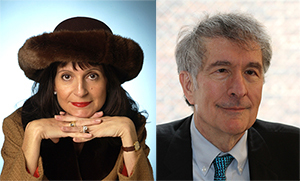

سر مائیکل باربر سمیت میرے ساتھ اور عالمی سطح پر معروف فکری رہنماؤں (برطانیہ), ڈاکٹر. مائیکل بلاک (امریکہ), ڈاکٹر. لیون Botstein (امریکہ), پروفیسر مٹی Christensen کے (امریکہ), ڈاکٹر. لنڈا ڈارلنگ-ہیمنڈ (امریکہ), ڈاکٹر. MadhavChavan (بھارت), پروفیسر مائیکل Fullan (کینیڈا), پروفیسر ہاورڈ گارڈنر (امریکہ), پروفیسر اینڈی Hargreaves نے (امریکہ), پروفیسر کریں Yvonne ہلمین (نیدرلینڈ), پروفیسر کرسٹن Helstad (ناروے), جین Hendrickson نے (امریکہ), پروفیسر گلاب Hipkins (نیوزی لینڈ), پروفیسر Cornelia Hoogland (کینیڈا), فاضل جیف جانسن (کینیڈا), مسز. چینٹل کوفمین (بیلجیم), ڈاکٹر. EijaKauppinen (فن لینڈ), سٹیٹ سیکرٹری TapioKosunen (فن لینڈ), پروفیسر ڈومینک Lafontaine (بیلجیم), پروفیسر ہیو Lauder (برطانیہ), رب کین میکڈونلڈ (برطانیہ), پروفیسر جیف ماسٹرز (آسٹریلیا), پروفیسر بیری McGaw (آسٹریلیا), شیو ندار (بھارت), پروفیسر R. نٹراجن (بھارت), ڈاکٹر. PAK NG (سنگاپور), ڈاکٹر. ڈینس پوپ (امریکہ), شریدر رازگوپالن (بھارت), ڈاکٹر. ڈیانے Ravitch (امریکہ), رچرڈ ولسن ریلی (امریکہ), سر کین رابنسن (برطانیہ), پروفیسر Pasi Sahlberg (فن لینڈ), پروفیسر Manabu ساتو (جاپان), Andreas کی Schleicher (پیسا, او ای سی ڈی), ڈاکٹر. انتھونی Seldon نے (برطانیہ), ڈاکٹر. ڈیوڈ Shaffer کے (امریکہ), ڈاکٹر. کرسٹن عمیق کر رہے ہیں (ناروے), چانسلر اسٹیفن Spahn (امریکہ), ایوز Theze (LyceeFrancais امریکہ), پروفیسر چارلس Ungerleider (کینیڈا), پروفیسر ٹونی ویگنر (امریکہ), سر ڈیوڈ واٹسن (برطانیہ), پروفیسر Dylan کے Wiliam (برطانیہ), ڈاکٹر. مارک Wormald (برطانیہ), پروفیسر تیو Wubbels (نیدرلینڈ), پروفیسر مائیکل نوجوان (برطانیہ), اور پروفیسر Minxuan جانگ (چین) وہ تمام اقوام کو آج سامنا ہے کہ بڑی تصویر تعلیم سوالات دریافت کے طور پر.
تعلیم کمیونٹی پیج کے لئے گلوبل تلاش
C. M. روبن وہ ایک موصول ہوئی ہے جس کے لئے دو بڑے پیمانے پر پڑھا سیریز کے مصنف ہے 2011 میں Upton سنکلیئر ایوارڈ, “تعلیم کے لئے گلوبل تلاش” اور “کس طرح پڑھیں گے?” انہوں نے تین bestselling کتابوں کے مصنف ہیں, سمیت Wonderland میں یلس اصلی, کے ناشر ہے CMRubinWorld, اور ایک Disruptor فاؤنڈیشن فیلو.
C پر عمل کریں. M. ٹویٹر پر روبن: www.twitter.com/@cmrubinworld



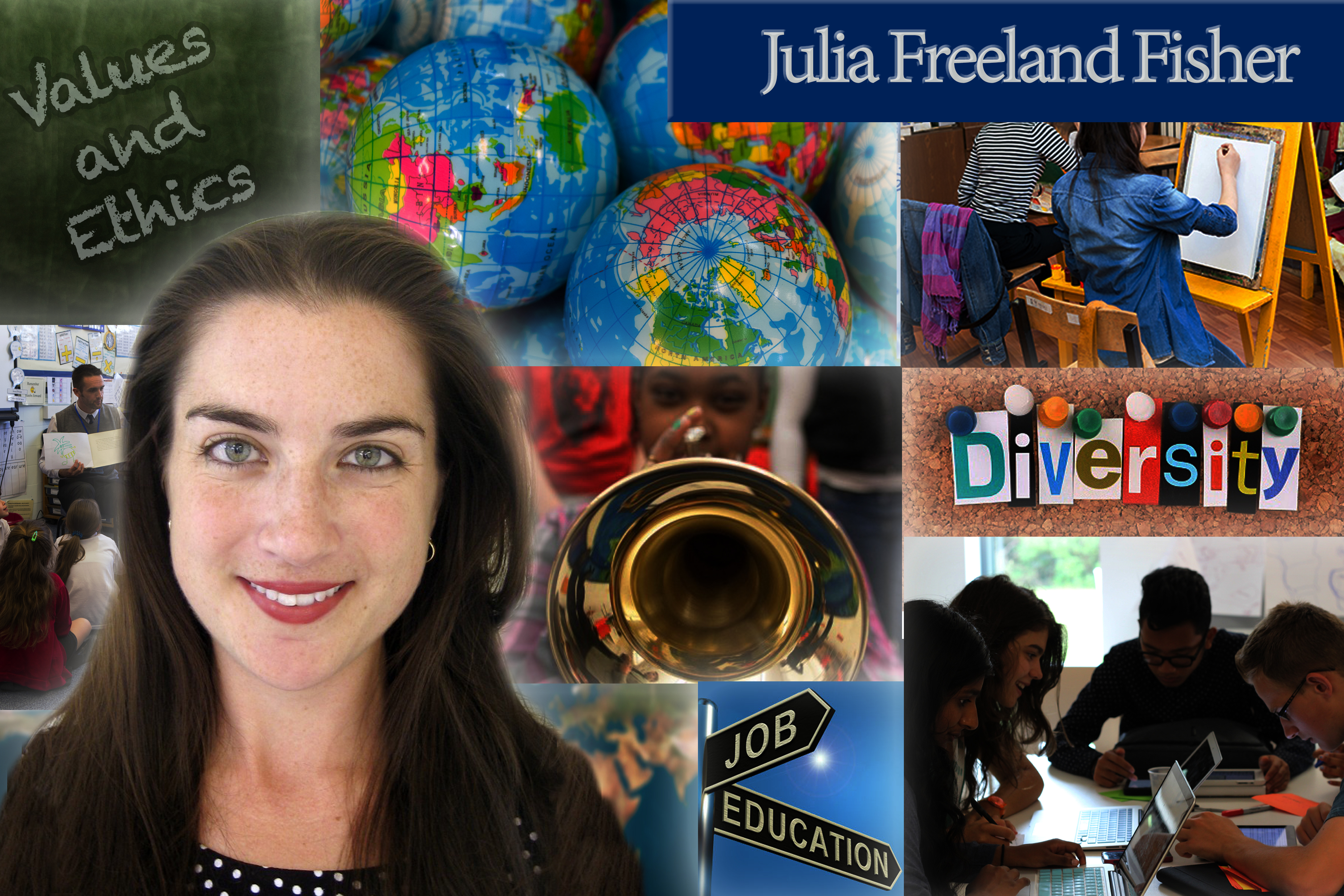
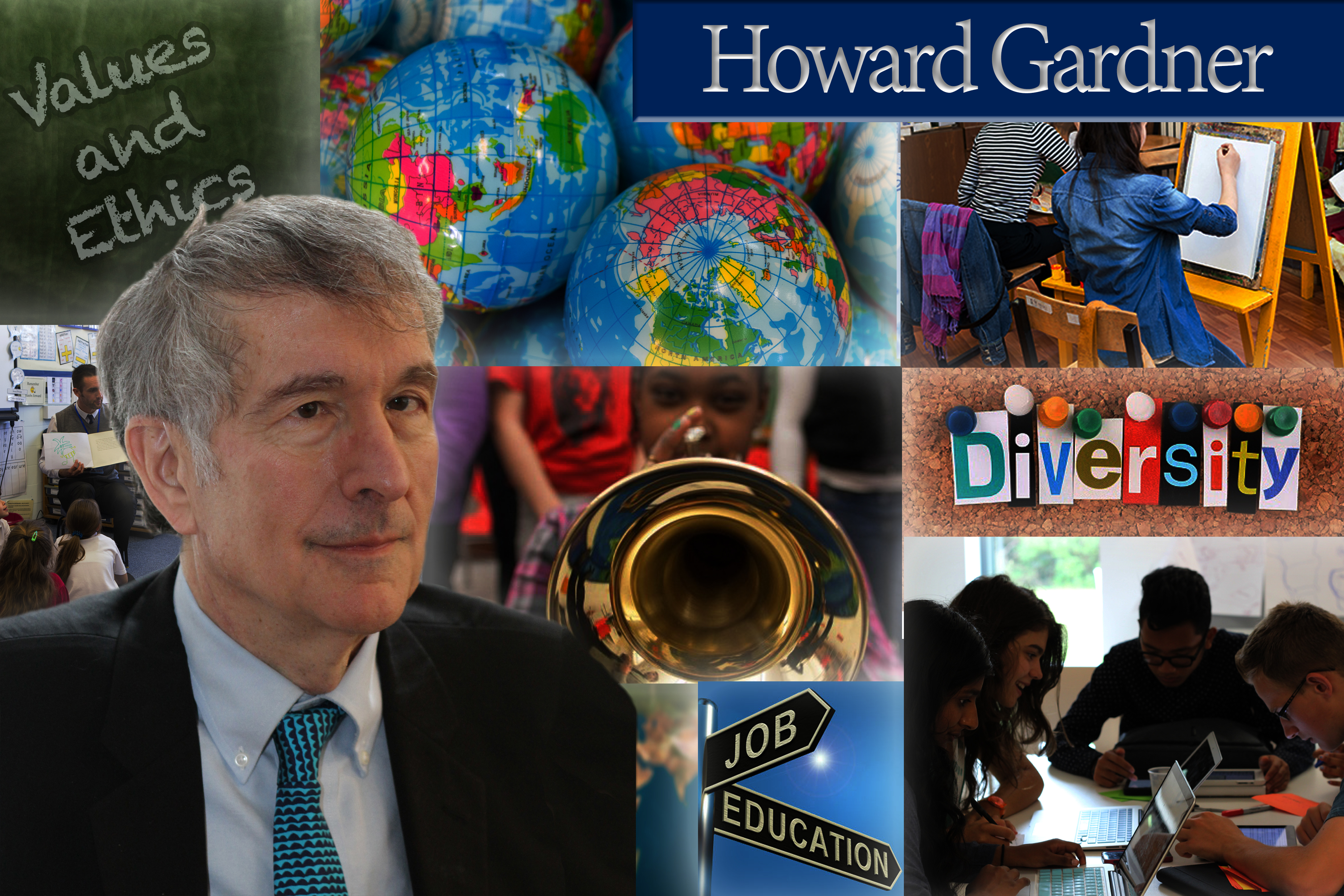
حالیہ تبصرے